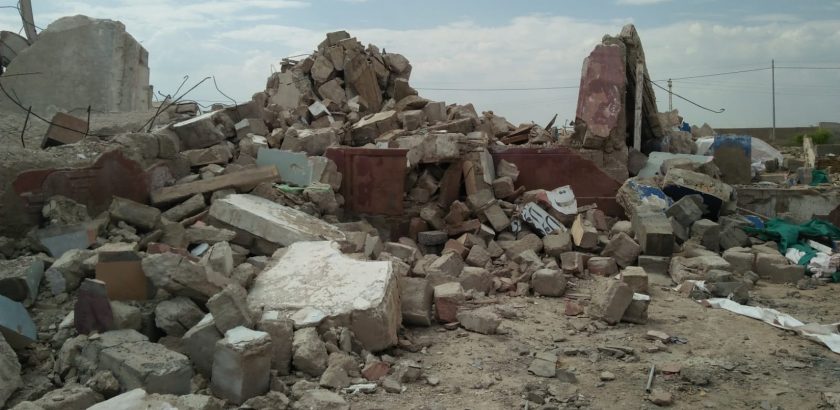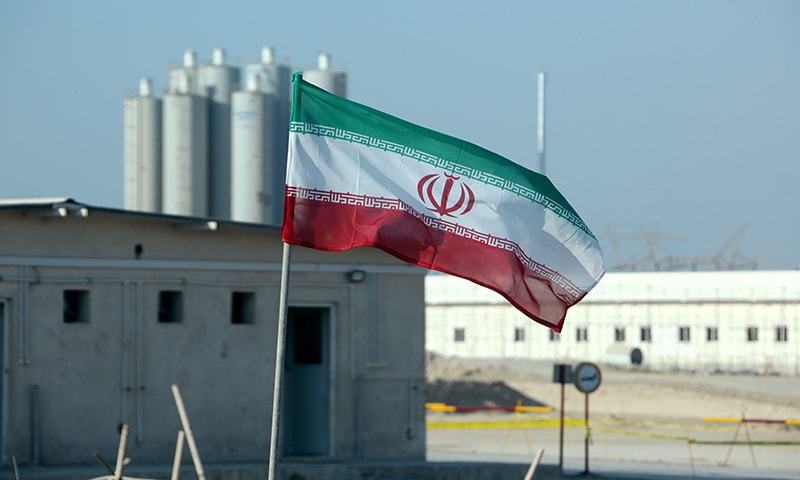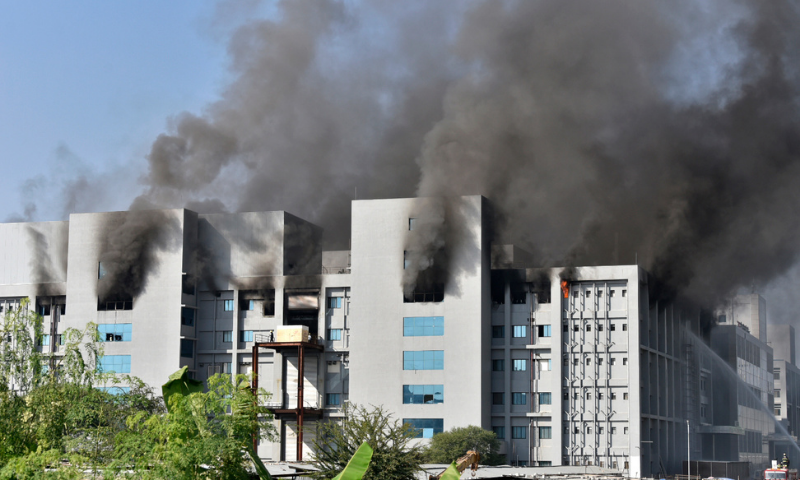![]()
Unemployed Americans will lose a federal safety net long before the economy fully recovers — potentially creating a messy Election Day for the GOP.
COURTESY BY: https://www.politico.com/
Republicans are trying to pull off a high-wire act over the next three months: Reopen the economy enough to get most jobless Americans back to work and off the public dole, while resisting another giant stimulus package.
If they fail, they’ll face a coronavirus cliff — an even deeper collapse in spending and sky-high unemployment in the months before Election Day. That could both damage President Donald Trump’s reelection prospects and put the party’s Senate majority at serious risk.
Senate Majority Leader Mitch McConnell, who has suggested that states be allowed to seek bankruptcy protection and questioned the need for a big new stimulus, said Monday that the Senate would return next Monday along with the House. He indicated he would consider additional coronavirus relief funding, but that any aid to states would continue to come with strings attached. And he told POLITICO last week that he was leery of adding much more to the deficit, joining other conservatives who are growing concerned about the GOP record of racking up a mountain of debt after railing against it for a decade before Trump.
But it remains far from clear that it will be anywhere near enough to restore the tens of millions of jobs lost in recent weeks. A provision of the enhanced unemployment benefits enacted under the CARES Act added $600 per week to jobless benefits offered by states — but only through July 31.
And risks remain high that quick reopenings could lead to fresh virus breakouts, shutting down the economy again.
If that happens and the rescue programs aren’t expanded for individuals, businesses and state and local governments, the political toll could be enormous.
“Trump in 2016 won quite a few voters who traditionally back Democrats, the so-called ‘forgotten voters’ in places like Pennsylvania, Ohio and Michigan,” said Michael Weber, a University of Chicago economist. “So it’s very risky to think about austerity right now because it would hit many Trump voters the hardest. Trump realizes his reelection depends on the economy and that’s why he is pushing to reopen states, even though that creates a very big risk of a second wave of the virus.”
There are complex political calculations in play over a potential successor to the $2.3 trillion CARES Act. Some close McConnell observers say despite recent remarks urging states to consider bankruptcy and warning of any more big spending, the Kentucky Republican knows another significant injection of federal funds will be required to boost the economy heading toward Election Day. Blocking one could wreck the prospects for numerous GOP candidates in November.
These people say McConnell is simply trying to start negotiations on a footing more friendly to the Senate GOP caucus while holding off other recent Democratic demands on mandating states to allow mail-in voting, clean energy, food stamp benefits and other wish list items. They say there will likely be another coronavirus relief bill, but that it will be significantly smaller than the CARES Act and only passed with both chambers in session in Washington.
McConnell on Monday acknowledged the need for at least some added funding. But he suggested it would have to be coupled with more liability protection for corporate America and would not amount to bailouts for states. “I’m open to additional assistance. It’s not just going to be a check, though, you get my point?” McConnell said in an interview. “We’re not writing a check to send down to states to allow them to, in effect, finance mistakes they’ve made unrelated to the coronavirus.”
But others warn that McConnell’s stance and general Republican pressure not to add much more to federal deficits could wind up delaying or even killing another big stimulus package, an outcome that could curtail any chance for a fast recovery and slam marginal Trump voters in critical swing states.
It could also give Democrats an even better shot at flipping the three or four seats they will need to control the Senate. They would need three if Joe Biden wins the White House and his vice president controls the deciding vote in a 50-50 Senate.
The question of additional assistance on top of the roughly $3 trillion already allocated — on top of trillions in additional support from the Federal Reserve — comes as grim economic data continues to pile up.
The first read on economic growth in the first quarter of the year, due out Wednesday morning, is expected to show an annualized decline of around 4 percent. The second quarter, which covers most of the Covid-19 shock thus far, will be far worse with estimates ranging up to an annualized decline of 30 to 40 percent.
Already, over 26 million Americans have filed for first-time unemployment benefits during the crisis, suggesting a jobless rate of up to 20 percent, nearing the Great Depression high of 24.9 percent. The number is expected to leap over 30 million new jobless claims when fresh numbers come out on Thursday.
These numbers help explain why Trump — who regularly boasts about how great the economy was before the virus hit — wants states to start opening up as soon as they possibly can.
The president on Monday evening said he did not know how bad the economy might tank in the second quarter, but that “the third and the fourth quarter in particular are going to be I think spectacular.” He added that it would be a “tremendous comeback.”
But he is not in charge of the reopening process, which is likely to unfold quite slowly until the U.S. has far more effective virus testing and tracking capabilities. New outbreaks of the virus caused by rapid reopenings could also force fresh lockdowns and further damage the economy.




